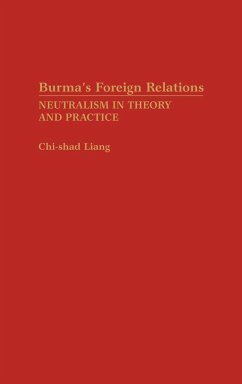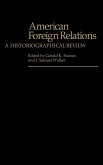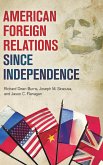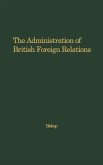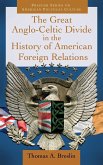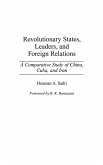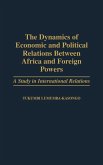The first comprehensive study of its kind, this volume presents a systematic analysis of Burma's foreign relations in theory and in practice since the country's independence in 1948. The author chronicles the development of Burma's foreign policy and examines the factors or circumstances that influenced the adoption of neutralism as the cornerstone of the country's foreign policy. Special attention is paid to Burma's relations with major countries both within and outside Asia in order to demonstrate the differences between the stated theory and the actual practice of neutralism. An indispensable reference for students of Southeast Asian studies, Burma's Foreign Relations will also be essential reading for researchers, policymakers, and historians interested in Burma's government and politics since World War II and the impact of neutralism on the country's economic development. The author begins with a general survey of Burma's historical background and modern-political developments in order to help the reader understand the roots of Burma's foreign policy. He then traces the record of Burma's foreign relations from 1948 to the present. Individual chapters explore Burma's relations with most countries in the world by geographical divisions, as well as with international and regional organizations. Diplomatic events are presented in chronological sequence throughout. Liang concludes that while the neutralist policy has preserved Burma's independence, it has turned a country with extraordinary economic potential into one of the least developed nations in the world. He calls for a new foreign policy that will open the country up for positive diplomatic relations with other countries while still adhering to neutralism.
Hinweis: Dieser Artikel kann nur an eine deutsche Lieferadresse ausgeliefert werden.
Hinweis: Dieser Artikel kann nur an eine deutsche Lieferadresse ausgeliefert werden.

